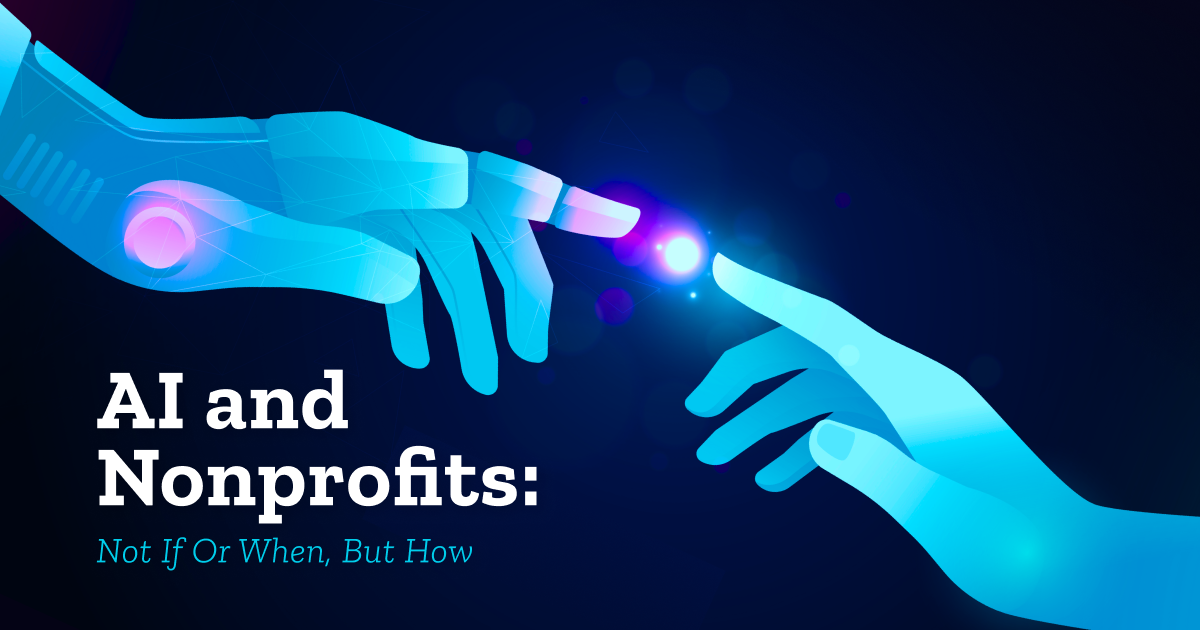An AI-generated response about nonprofit organizations and AI usage I retrieved on August 28, 2023, from chat.openai.com reads:
“Nonprofit organizations can utilize artificial intelligence (AI) in various ways to enhance operations, increase impact, and improve efficiency… It’s important for nonprofit organizations to carefully consider the needs of their communities when integrating AI… ensuring ethical and responsible use of AI is crucial to maintaining the trust of donors, volunteers, and beneficiaries.”
According to unite.ai, 89% of nonprofits agree that AI will improve efficiency, but only 28% say they use it. Is your favorite cause using AI? Before you answer, ask yourself whether a writer might be using ChatGPT to draft the thank-you note you just received or whether prospect research is running your personal data through a predictive analytics tool—unbeknownst to you or management. Both of these casual uses of AI could bear fruit or create policy dilemmas and even reputational risk. Nonprofit organizations rely on trust, which can be enhanced or undermined through the good or bad use of AI.
But the question isn’t if or when nonprofits might use AI, because they probably already do. Rather, ask if they leverage AI in the best ways while protecting the organization and stakeholders with the right safeguards.
Types Of AI
There are six AI (or AI-adjacent) technologies that nonprofit organizations might employ:
Large language models are probably the most ubiquitous use of AI. ChatGPT and Bard are among the best-known examples. Maybe they can write a thank-you letter, but will it sound warm and authentic? Reread the opening paragraph for an example. It may be a place to start, but the output will likely need a human touch before sending it to a donor. And the warnings on these tools also confirm that they can be wrong yet persuasive. ChatGPT recently stated that “professional fundraising counsel may involve… a percentage-based compensation structure tied to funds raised…” a big ethical no-no.
Machine learning (or deep learning) can be applied to large data sets to predict outcomes, such as analyzing a large donor dataset to identify the best prospects for major or planned gifts. Careless use of tools like this can expose an organization to concerns about data security and donor privacy.
AI automation can make support functions like customer service or professional development more efficient. But as an eating disorder helpline discovered with potentially deadly results, chatbots may not be ready to replace humans in all cases.
Blockchain creates an immutable ledger to track financial transactions. Imagine tracking all expenditures related to a foundation’s restricted grant, providing effortless accountability and reporting. We’re not there yet, but it’s coming.
AI/IoT, or AI applied to the Internet of Things, can provide constant monitoring, measurement and management. AI/IoT already surrounds us through smart technologies like thermostats and security systems, which could decrease operating costs.
Artificial and/or virtual reality will become a powerful storytelling tool, helping trigger a donor’s empathy. It might be expensive or even impossible to take donors to an untouched wilderness, but a visit through a virtual reality headset could convince them of the need to preserve it.
AI And Trust
AI holds great promise, and where could that potential do more good than fueling social impact? Yet the risks are also great. Nonprofits enjoy a greater level of trust than most other sectors—trust that can be undermined when a donor receives an artificial-sounding letter or learns that sensitive personal data was shared with a third-party vendor. And while AI may be heralded as unbiased, it actually reflects the biases of its human creators. Caution—and good policies—will be needed here.
AI could have other consequences, bad and good. For example, if AI supplants 60% to 70% of all existing jobs (as some futurists predict), will unemployment lead to greater insecurity in housing and food, increasing the reliance on nonprofits that address these needs? Or if AI automates mundane administrative tasks, how many more staff members can be assigned to frontline mission-critical roles?
Fortunately, industry leaders are already thinking about AI in the nonprofit space and are encouraging others to do the same through initiatives like fundraising.ai, which outlines a framework for using AI responsibly. It’s time for every nonprofit to adopt a policy for responsible AI use within their organization.
Artificial intelligence will influence every cause, the patients/clients/audience they serve, and donors. How nonprofits harness their power and how soon they get ahead of the latest developments may determine whether their cause can realize its vision for the betterment of all.






